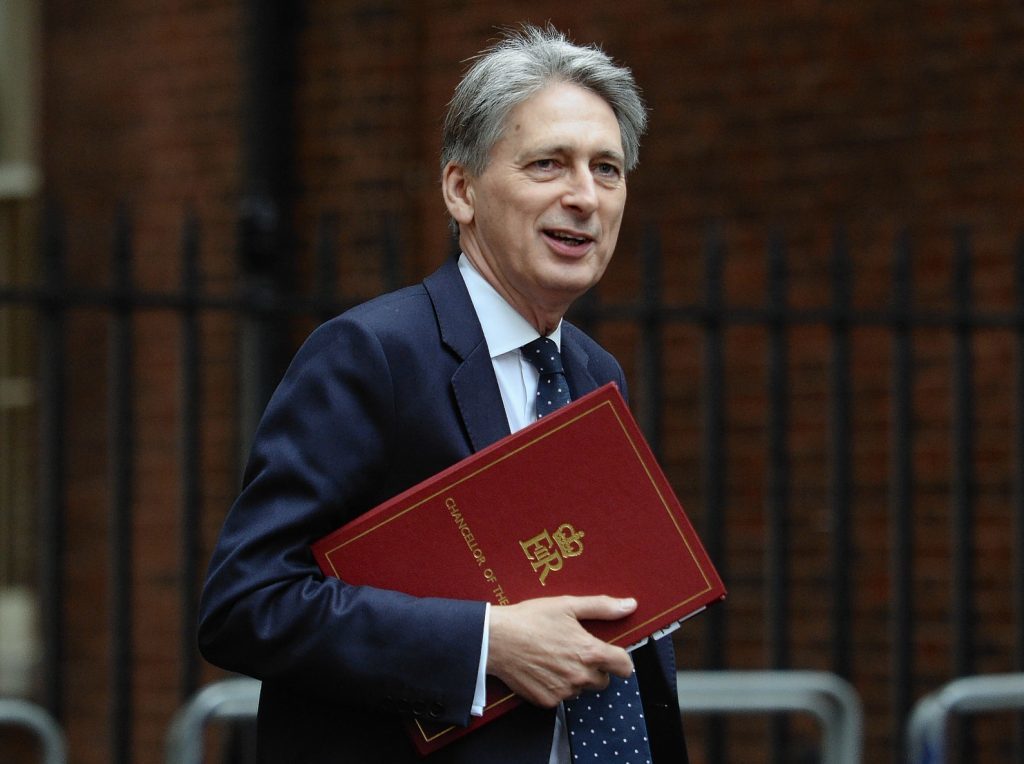
With Chancellor Philip Hammond set to deliver his first Spring Budget today, oil and gas will be no different to any other industry in hoping for extra support.
North Sea industry has done quite well out of the last two March Budgets, while Autumn Statements have tended to be more of a non-event.
In March 2015, when the oil sector downturn was really kicking into full swing, then-Chancellor George Osborne produced from his red briefcase tax breaks worth £1.3billion to the North Sea.
The measures included a reduction in the supplementary tax rate to 20% from 30% and a £20million investment in seismic surveys to stoke exploration.
Plans to reduce Petroleum Revenue Tax to 35% from 50% were also announced in an effort to support continued production in older fields.
Industry generally reacted well to the Budget, but many pointed out that reducing taxes on profits were not particularly helpful at a time when few companies were achieving a surplus.
Many observers also felt Mr Osborne deserved little credit, saying he had effectively taken four years to undo the damage caused by tax rises he introduced in 2011.
In March 2016, Mr Osborne went a step further by pledging £1billion worth of support to the sector, which by this point was struggling desperately.
At the start of that year, Brent crude had dipped below $30 a barrel, its lowest price for more than a decade.
Mr Osborne said supplementary tax would be reduced to 10% from 20%, while also announcing the abolition of the petroleum revenue tax.
The Budget also confirmed that an additional £20million would be put forward for a second round of seismic surveys. Then-Prime Minister David Cameron had announced the new set of surveys in January.
The fear may be that the Chancellor has already fired his shot this year.
Yesterday, the Treasury said an expert panel would be set up to consider reforming the decommissioning tax relief system.
For months, industry leaders and politicians have been calling for the Chancellor to allow decommissioning tax relief to be transferred to the new owner when an asset is sold.
They said the reform would make it easier to sell oil and gas fields and attract badly needed new investment to the North Sea, which has been hit hard by low oil prices.
Industry body Oil and Gas UK (OGUK) said the development “appeared to be positive” and that it hoped more detail would be provided today.
Will that be as good as it gets for the North Sea?
Stay tuned for Energy Voice’s live Budget coverage.
Recommended for you

